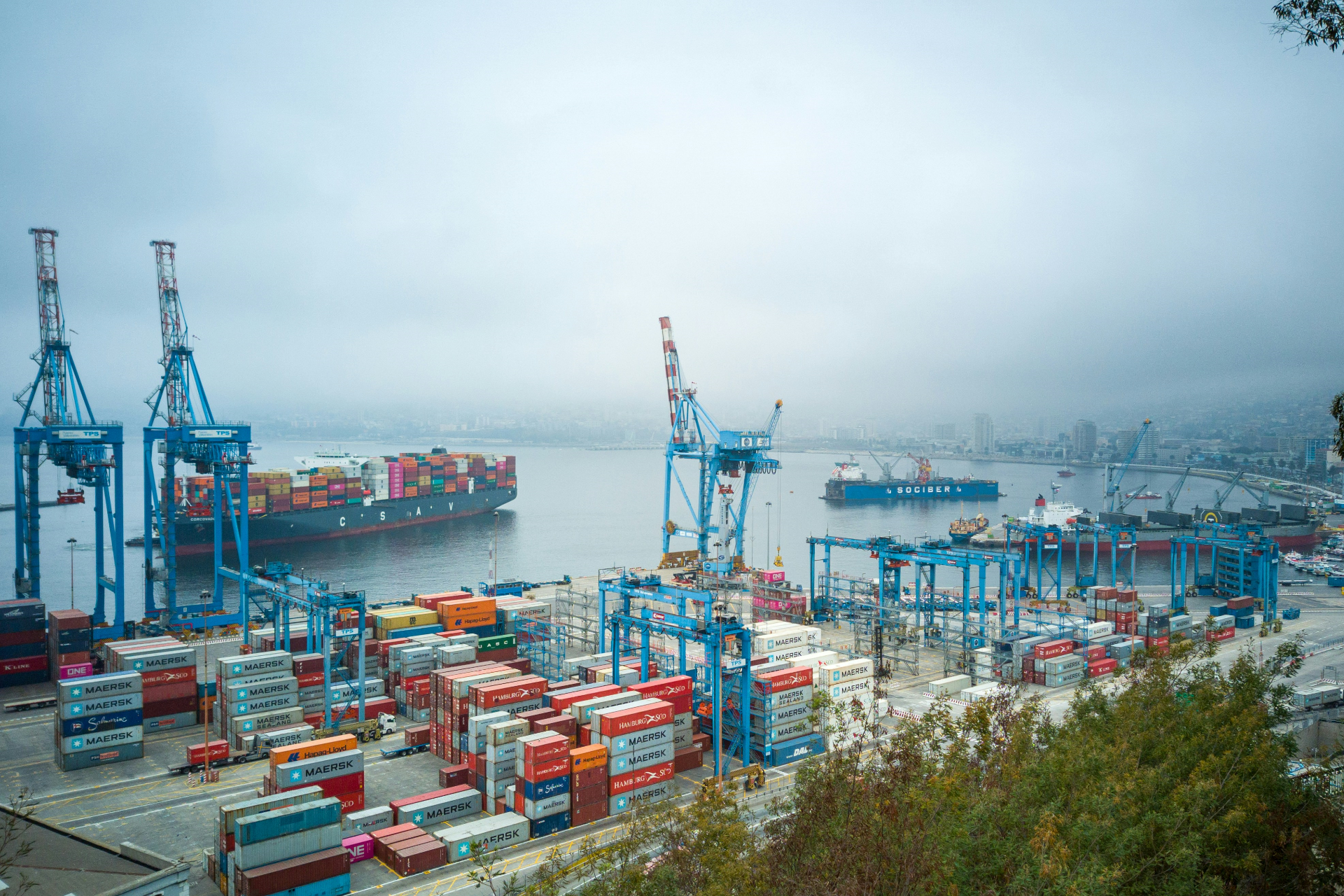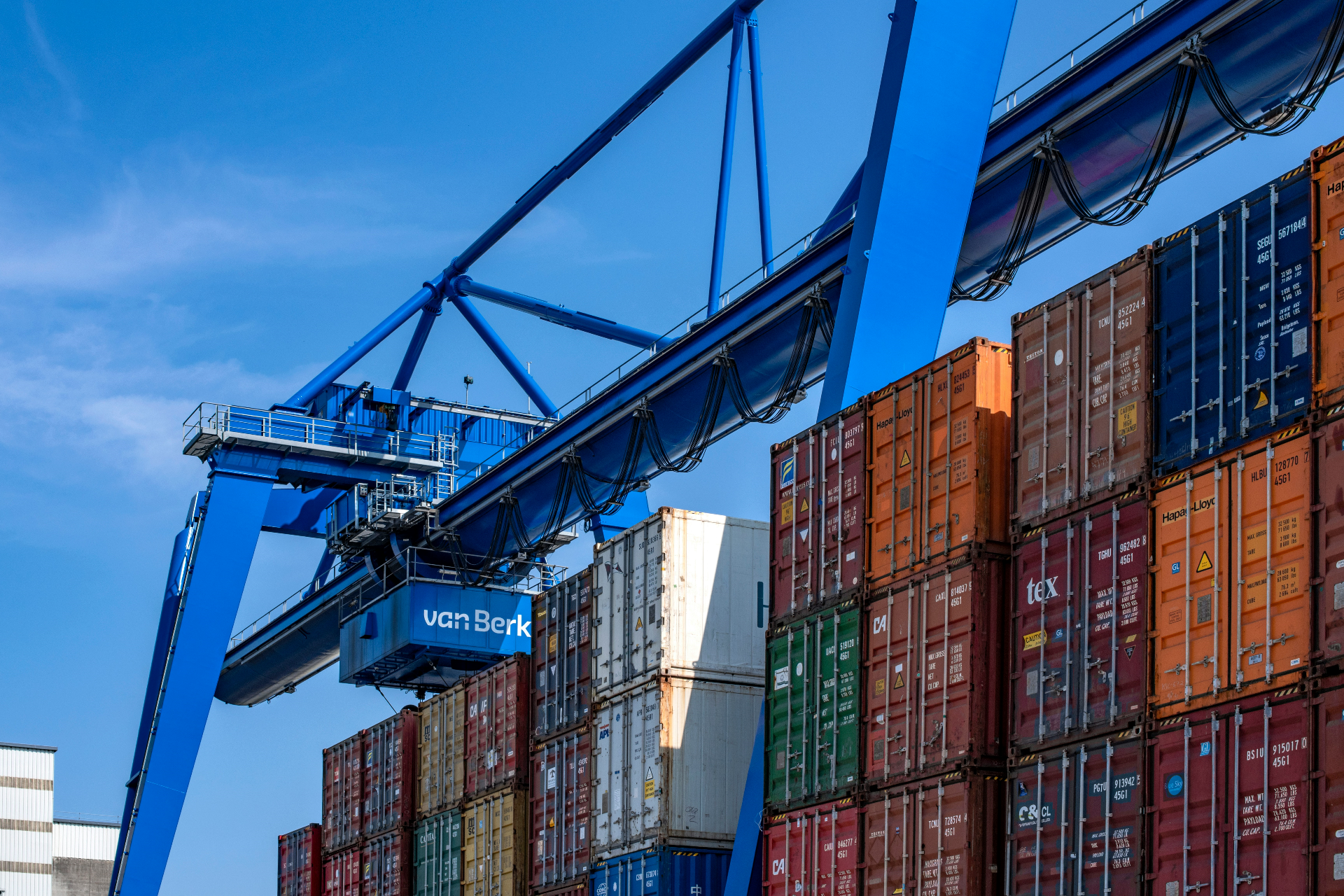Safeguarding intellectual property rights in international markets necessitates comprehensive strategies that include understanding local IP laws, registering rights in respective jurisdictions, periodic audits and active marketplace monitoring, utilizing international IP agreements, and cultivating relationships with local partners. In addition, establishing robust internal controls and a defined enforcement strategy can help prevent and address potential violations. The synergy of legal, technological, and relational approaches provides an effective framework for navigating international intellectual property challenges.
In the complex and evolving world of international trade, businesses must adopt robust strategies to protect their intellectual property (IP). As global economies become more intertwined, the sanctity of intellectual property rights can't be taken for granted, demanding an increased focus on the risks and challenges that companies face when exporting to foreign markets.
A vital first step for businesses venturing into global markets is familiarizing themselves with the legal landscape in target countries. Different jurisdictions have disparate laws and regulations pertaining to intellectual property rights. Countries like the United States and most of Europe have stringent IP laws that protect patents, trademarks, and copyrights, while others may not provide such comprehensive safeguards. Consequently, it's incumbent upon businesses to research and understand the IP laws in their target markets.
Once a sound understanding of the local legal landscape is established, registration of intellectual property rights in those territories is crucial. Registration procedures vary widely, and the timely filing of appropriate documentation in each country is paramount to avoid legal complications. In many jurisdictions, first-to-file is the principle in operation, meaning the first person to file for protection is considered the owner.
Moreover, it's important to take a proactive approach to IP protection, which includes periodic audits and active monitoring of the marketplace for potential infringements. Companies can also consider using technology solutions for IP management that alert them of potential conflicts and provide comprehensive surveillance of the market.
Utilizing international IP agreements can be an effective strategy as well. Instruments like the Patent Cooperation Treaty (PCT), the Madrid System for the international registration of marks, and the Berne Convention for the Protection of Literary and Artistic Works facilitate the international protection of intellectual property rights. By leveraging these agreements, businesses can safeguard their intellectual property rights across multiple jurisdictions.
In addition to legal and technological strategies, fostering strong relationships with local partners can serve as an effective defensive measure. Trusted partners can provide vital market insights, assist in navigating local IP laws, and help identify potential threats. In markets where legal protections may be lacking, these partnerships can be particularly valuable.
Furthermore, businesses should consider establishing robust internal controls to protect IP. Employee training programs and non-disclosure agreements can prevent inadvertent disclosure of sensitive information, while clearly defined IP policies can create a culture of respect for intellectual property rights.
However, it's essential to remember that despite the best precautions, IP rights violations might still occur. In such cases, companies need to have a defined enforcement strategy. This strategy can range from pursuing litigation in the offending jurisdiction to seeking diplomatic assistance through the Office of the United States Trade Representative or equivalent bodies in other countries.
As international markets continue to expand and evolve, the importance of proactive and comprehensive intellectual property protection strategies only becomes more critical. The interplay of legal, technological, and relational tactics can provide robust safeguards for businesses navigating the complex waters of international trade.
Related Information



















































